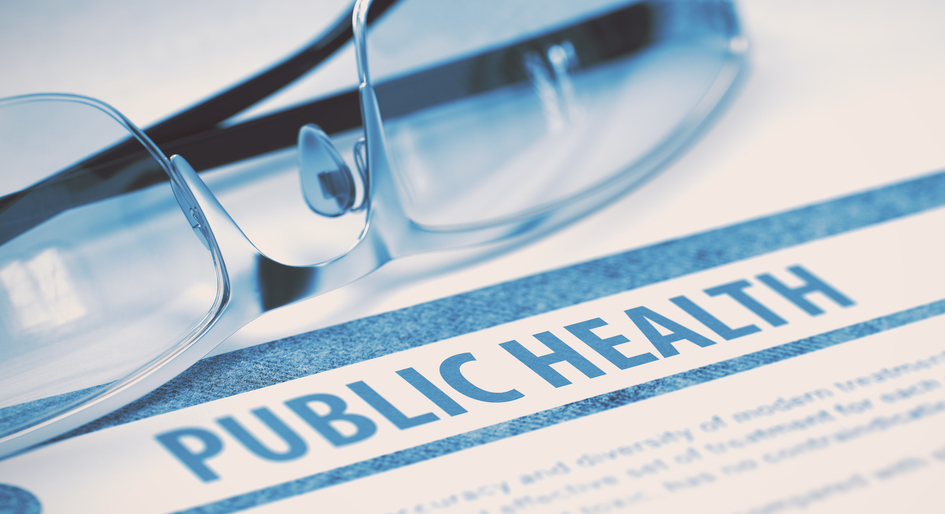Public health controls will come with some property tax and utility cost relief for Ontario businesses forced to curtail operations due to intensifying COVID-19 concerns. The outline of a planned $300-million fund to help cover these expenses was announced late last week as the Ontario government imposed new restrictions on gatherings in various retail, recreational and business venues in Toronto, Ottawa, Mississauga and Brampton. Further details are promised soon.
“We are providing support to our small businesses in these hotspots,” Premier Doug Ford submitted.
Stricter limitation are now in place on people congregating in the affected regions — under the auspices of the Toronto, Ottawa and Peel Region Health Authorities — until at least November 7. That includes a complete shutdown of entertainment, exhibit and fitness facilities such as: movie theatres; performing arts centres; casinos; racetrack spectator stands; gyms and associated training rooms; and areas within museums and galleries where viewers could be in close proximity.
In addition, indoor food and drink service is prohibited in restaurants, cafeterias, bars and mall food courts. Meeting and event spaces are allowed to accommodate no more than 10 people indoors or 25 people outdoors, while a maximum of 10 people can be on-site at a real estate open house if appropriate social distancing is maintained.
Ontario’s $300-million contribution to easing fixed property costs was affirmed on the same day federal Finance Minister Chrystia Freeland announced the new Canada Emergency Rent Subsidy. The successor program to Canada Emergency Commercial Rent Assistance (CECRA) will channel relief directly to commercial tenants and small owner-operator mortgage holders to cover up to 65 per cent of fixed property expenses, or up to 95 per cent in situations where newly imposed public health controls have created extra hardship.
“Ontario will build on the historic collaboration with the government of Canada to ensure workers are protected, businesses are supported, and that this support arrives as soon as possible,” noted Ontario Finance Minister Rod Phillips.
Earlier last week, the provincial government also announced a plan to assist small businesses in responding to and rebounding from COVID-19-related financial pressures. Among measures, businesses with two to nine employees will be eligible for one-time grants of up to $1,000 for the purchase of personal protective equipment (PPE).
Legislation tabled in Bill 215, the Main Street Recovery Act, would: allow deliveries to retail facilities at all times despite any existing municipal by-laws; open the potential for the Ontario Food Terminal to sell a broader range of products; and increase penalties for those found to be operating taxi services without a license. The provincial government has also indicated the current temporary allowance for alcohol to be delivered with food deliveries to private homes will be made permanent.





